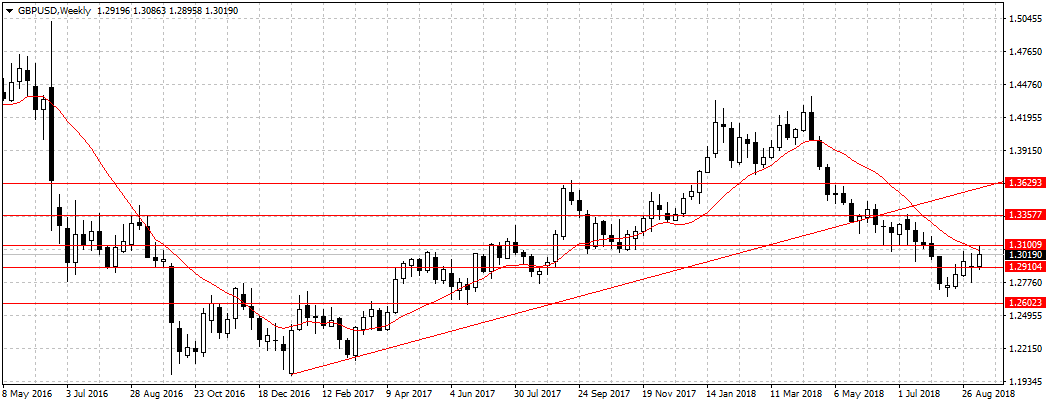Forex
Finally, Tight Labour Market Aids Uk Wage Growth
- Finally, Tight Labour Market Aids Uk Wage Growth
UK earnings picked up in the three months through July to support Bank of England’s view that continuous job creation will eventually boost wage growth as employers struggle to attract skilled workers.
According to the Office For National Statistics, regular pay excluding bonuses rose 2.9 percent year on year in the three months through July, higher than the 2.7 percent recorded in April.
Pay with bonuses climbed 2.6 percent year on year to beat 2.4 percent predicted by experts.
Factoring in inflation, pay grew just 0.2 percent in the three months through July despite record low unemployment rate.
“While Britain continues to enjoy near-record employment levels, the key benefit of historically low unemployment — stronger pay growth for those already in work — is only slowly materialising,” said Stephen Clarke, at the Resolution Foundation think-tank.
Again, while the labour market remains healthy, job growth is slowing down after a long period of expansion. The unemployment rate remained unchanged at 4 percent.
“What we have yet to see since the financial crisis is a combination of both strong jobs growth and strong real earnings growth,” said John Hawksworth, chief economist at PwC. “The unemployment rate of 4 per cent was the lowest since the winter of 1974/75, but the level of regular pay, adjusted for inflation, was still £11 a week lower on average than its peak level before the financial crisis.”
Recent data showed new investment is on the decline as the manufacturing Purchasing Managers’ Index grew at a slower pace than expected in August, same as the Construction PMI. However, the services sector unexpectedly expanded than expected during the same month. Suggesting strong domestic demand amid Brexit uncertainty is fueling growth.
The pound rose to 5-week high against the US dollar to trade at 1.3019.
